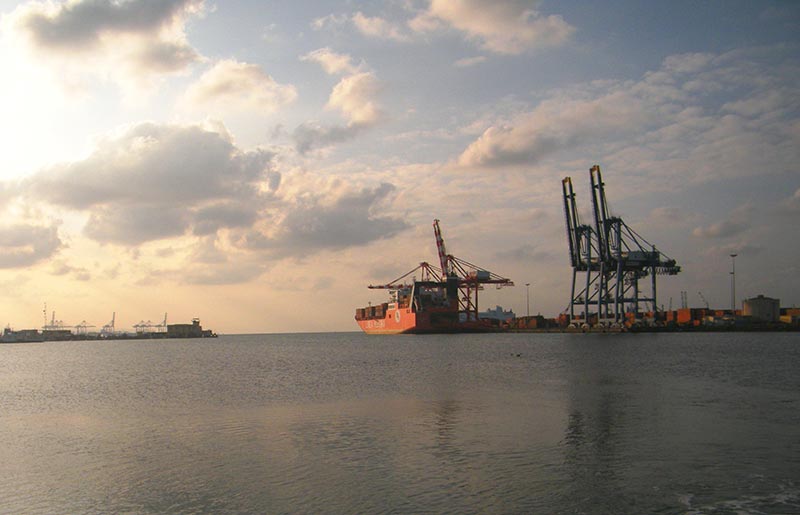
I. How to choose a reliable non - woven fabric importExport agentThe company?
There are three key dimensions to be examined when choosing an agency company:Industry ExperienceandQualification complianceandService networksIt is recommended to require the provision of:
- Customs AEO Certification Certificate (The new version of the certification standard will be implemented from 2025)
- A special filing certificate for non - woven fabrics for specific purposes (such as medical use)
- Import and export cases of similar products in the past three years (the bill number is required to be provided for verification)customs clearanceA field inspection report of the cooperative warehouses at major ports
- Field inspection report of cooperative warehouses at major ports
II. What special qualifications are required for non - woven fabric exports?
Depending on the end - use, the qualification requirements vary significantly:
- Medical non - woven fabric:
- Medical device registration certificate (MDR certification is required for export to the EU)
- Biosafety Test Report (The validity period is shortened to 12 months)
- Industrial non - woven fabric:
- Flame Retardant Performance Test Certificate (EN ISO 11925 standard)
- Raw material composition traceability documents
III. How to calculate the import and export tariffs of non - woven fabrics?
Tariff policies of major markets in 2025:
- United States: The basic tax rate under HS code 5603 is 3.5%, with an additional 25% special tariff (dynamically adjusted according to trade relations)
- EU: Environment - friendly non - woven fabrics can apply for 0 tariff and need to provide a carbon footprint report certified by TUV
- Southeast Asia: The preferential tariff rate of the ASEAN Free Trade Area is 0 - 5%, and a FORM E Certificate of Origin is required.
IV. What are the special requirements for the sea transportation of non - woven fabrics?
Special attention is neededMoisture - proof TreatmentandStacking limit:
- Aluminum - foil composite packaging must be used, and the humidity should be controlled below 12%.
- It is recommended to load 24 pallets in a 40HQ container (the height limit of each pallet is 1.6 meters).
- Temperature monitoring records during transportation (mandatory in some countries)
V. How to avoid non - woven fabricCustoms clearancebeing detained?
Main reasons for goods detention in the past two years and countermeasures:
- Classification disputes: Apply for pre - classification ruling of commodities in advance
- Label non - compliance: The EU requires the printing of recycling marks + production batch numbers
- Exceeding the detection standard: Regularly send samples for APEO residue testing by SGS
VI. Which payment agency method is the safest to choose?
Recommended adoptionLetter of Credit + Escrow accountCombined solution:
- 30% of the down payment: Used to start raw material procurement
- 40% before shipment: Paid against the inspection report
- 30% after arrival at the port: Released after completing customs clearance
VII. How to resolve quality disputes of non - woven fabrics?
Proposal to establishThree - layer quality inspection system:
- During production: Randomly sample and inspect the gram weight deviation (within ±3%)
- Before container loading: On - site supervision of loading by a third - party notary firm
- Upon arrival at the port: Compare the retained samples with the CIQ test results.
VIII. What are the additional requirements for non - woven fabrics for special purposes?
Key supervision areas in 2025:
- Epidemic prevention materials: Require FDA/EAC dual certification
- Automotive interior: VOC emissions shall comply with the GB/T 27630 standard
- Food packaging: FDA 21 CFR 176.170 testing is required


 Follow Customer Service WeChat
Follow Customer Service WeChat